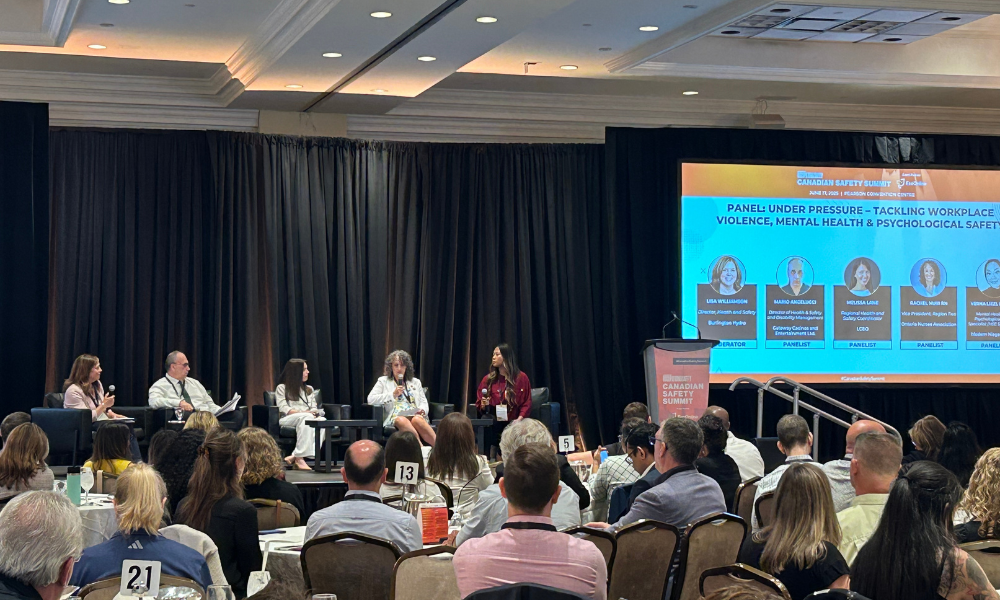Problems exist in every organization, but often remain hidden for
several reasons. Once they surface, they can be devastating. Wouldn't
it be great to discover these problems before they swell into
significant failures? Great leaders aren't just great problem solvers;
they are great problem finders. In this troubling economy, leaders
can’t afford to be unaware of destructive organizational problems.
Here are seven key skills required to ensure that problems do not remain hidden in your organization:
1. Begin by asking yourself: Where is the complexity in the organization so high that I may have a hard time detecting risks and problems (i.e., ambiguous lines of authority, complex matrix structures, etc., or complex products and services which carry with them some heightened risk.)
2. Determine the organization unit(s) where problems have the highest likelihood of causing a large financial impact. Maximize your problem-finding activities in those areas.
3. Get out of your office and out on the front lines and periphery of your organization. Seek out different voices than those you usually hear, and listen directly (unfiltered) to employees, customers, and suppliers.
4. Ask yourself who the gatekeepers are in your organization who might, intentionally or unintentionally, be shielding you from bad news.
5. Seek out people with extensive experience managing in other downturns, and use them to help recognize patterns that might suggest serious problems in the organization.
6. Don’t just rely on what people tell you, or what the data suggests. Get out and observe real customers, employees, and suppliers in action. See with your own eyes how people are behaving, and how the downturn might be affecting their behavior. Hunt for problems through close observation.
7. Finally, don’t let others simply blame the recession for all the company’s financial difficulties. Ask yourself: Is there a deeper problem here that would have damaged the firm eventually, even without such a dramatic economic downturn?
Michael Roberto is the author of Know What You Don't Know: How Great Leaders Prevent Problems Before They Happen (ISBN 13: 9780131568150 $27.99, Wharton School Publishing, 224 pps., March 2009), which goes into greater detail about the seven key skills and explains how leaders can become effective problem finders, unearthing problems before they destroy an organization. Order Michael's book at www.whartonsp.com/bookstore/product.asp?isbn=0131568159.
Here are seven key skills required to ensure that problems do not remain hidden in your organization:
1. Begin by asking yourself: Where is the complexity in the organization so high that I may have a hard time detecting risks and problems (i.e., ambiguous lines of authority, complex matrix structures, etc., or complex products and services which carry with them some heightened risk.)
2. Determine the organization unit(s) where problems have the highest likelihood of causing a large financial impact. Maximize your problem-finding activities in those areas.
3. Get out of your office and out on the front lines and periphery of your organization. Seek out different voices than those you usually hear, and listen directly (unfiltered) to employees, customers, and suppliers.
4. Ask yourself who the gatekeepers are in your organization who might, intentionally or unintentionally, be shielding you from bad news.
5. Seek out people with extensive experience managing in other downturns, and use them to help recognize patterns that might suggest serious problems in the organization.
6. Don’t just rely on what people tell you, or what the data suggests. Get out and observe real customers, employees, and suppliers in action. See with your own eyes how people are behaving, and how the downturn might be affecting their behavior. Hunt for problems through close observation.
7. Finally, don’t let others simply blame the recession for all the company’s financial difficulties. Ask yourself: Is there a deeper problem here that would have damaged the firm eventually, even without such a dramatic economic downturn?
Michael Roberto is the author of Know What You Don't Know: How Great Leaders Prevent Problems Before They Happen (ISBN 13: 9780131568150 $27.99, Wharton School Publishing, 224 pps., March 2009), which goes into greater detail about the seven key skills and explains how leaders can become effective problem finders, unearthing problems before they destroy an organization. Order Michael's book at www.whartonsp.com/bookstore/product.asp?isbn=0131568159.





